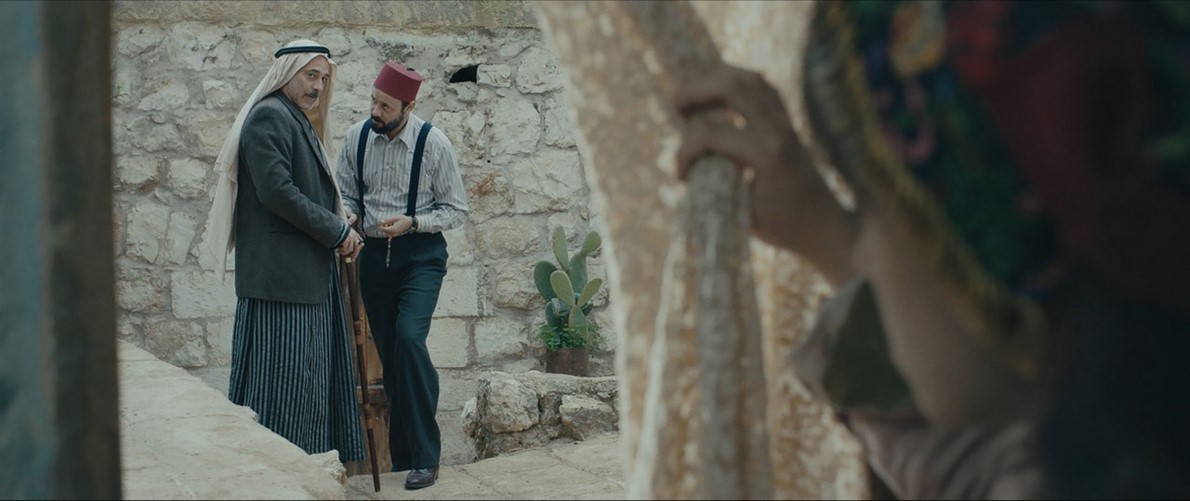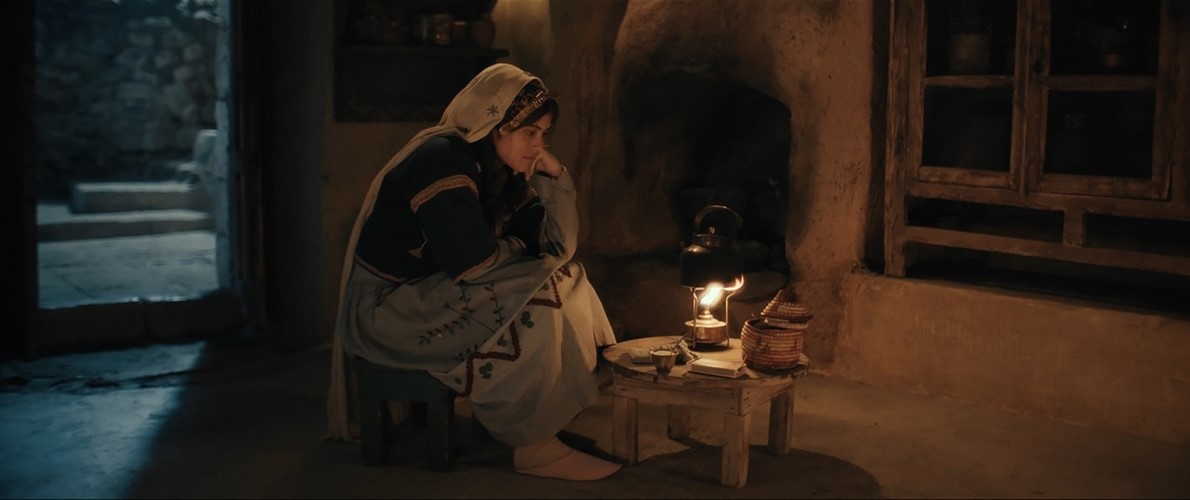In her first local premiere, Darin’s J. Sallam’s film Farha takes you on a
journey fraught with apprehension, presenting events from the Palestinian
Nakba, in 1948. It is a movie inspired by a true story.
اضافة اعلان
The film, which
competes in the Arab Feature-Length Narrative in the third edition of the
Amman International Film Festival, is the director’s debut film.
Love for Palestine,
homeland, projected through the eyes of an innocent witness who was moved by
childhood events and a storm that toppled the dream, including family and home,
are presented in the movie.
It is a harrowing
story in which Farha, who dreamed of completing her studies in the city,
pending the approval of her father, sees her dream torn apart by the Nakba.
Farha’s father,
Ashraf Barhoum, the mayor of the village, seeks to marry her off, but her dream
is to pursue her studies; she succeeds in her endeavors.
On the one hand,
Farha’s father wants his daughter to stay close while they wait for the help
promised by the Arab League as British soldiers move out of Palestinian
villages. On the other, he knows that her potential and willingness to learn
can ultimately help them all in the long term.

However, there is
not enough time to arrange things, as Israeli occupation soldiers entered the
village and expelled the entire population.
The 1948 Nakba
resulted in the expulsion and flight of more than 700,000 Palestinians, as well
as the destruction of hundreds of Palestinian villages; it was the year when
Israel declared independence and Palestinians were expelled from their homes en
masse.
In order to protect
his little girl, the father hides Farha in the warehouse, and here the real
events of the film and the complete transformation of her character begins.
It is a harrowing story in which Farha, who dreamed of completing her studies in the city, pending the approval of her father, sees her dream torn apart by the Nakba.
Faced with the
Israeli occupation, the father hides her in a vault withing the warehouse and
returns to her intermittently. Stories can be seen through narrow holes in the
door and the wall. They are tales of pain in an aggressive rhythm from which no
one is spared. There are tales of treason, conspiracy, struggles, challenges,
desires, of births and assassinations.
There are periods of
time that pass when there is nothing in that vault, but aching emptiness, and a
hope that a new dawn will soon rise.
Farha’s
transformation
In a dark place, through a door whose cracks are blocked by dirt, and
whose only window barely diffuses light, Farha stays stuck for days waiting for
her father to return. With time, she loses hope, overrun with anger and fear.
Karam Tahir, who
plays Farha, delivered a great performance for someone who stood in front of
the camera for the first time in a tiny hovel from where she made the viewers
feel her fears and struggles before she liberated herself.
Sallam depicts the
girl’s emotional turmoil with great realism; terror and anxiety, courage and
willpower intermingle to show the full range of human potential during times of
strife. These are the experiences of Palestinian women, of women who are
victims of war.

The filming goes
from classical to modern, with a clever palette of colors to highlight Farah’s
sophistication in the way she views the world.
The movie offers a
showcase of the human will to survive, a lesson in courage and hope inspired by
real events and is all about the right to life. It is the lesson Palestinians
give us every day, especially with Palestinian women’s struggle and strength.
Read more Reviews
Jordan News





